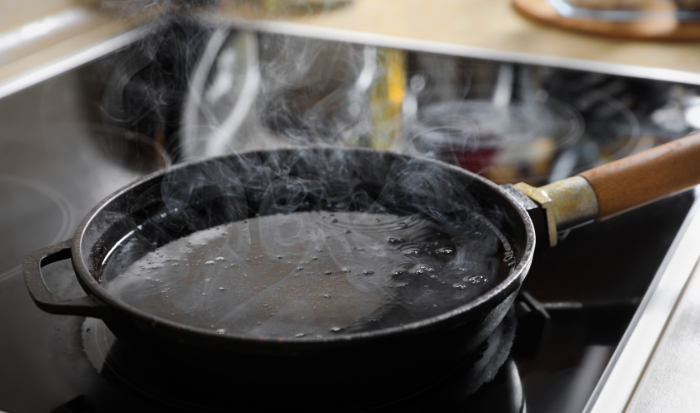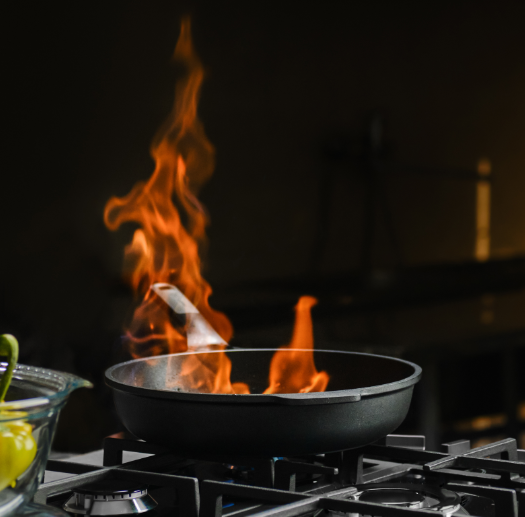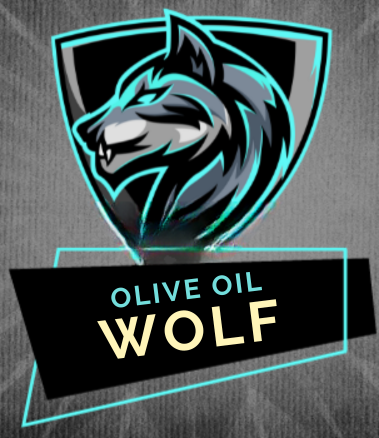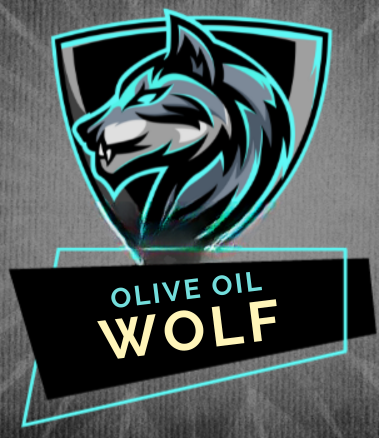Overheating extra virgin olive oil can have detrimental effects on its quality and nutritional properties. Extra virgin olive oil (EVOO) is the premium grade of olive oil.

It is renowned for its rich flavor, high antioxidant content, and numerous health benefits. When subjected to high temperatures, however, EVOO undergoes chemical changes that can compromise its taste, nutritional value, and safety.
The primary concern when overheating olive oil is its smoke point. The smoke point is the temperature at which an oil begins to break down and produce visible smoke, usually just before it catches on fire.
For extra virgin olive oil, the smoke point is typically around 375°F (190°C). When heated beyond this point, the oil starts to undergo chemical changes, leading to the formation of harmful compounds.
One such concern is the production of free radicals. Free radicals are highly reactive molecules that can cause oxidative stress in the body, potentially leading to cell damage and inflammation.
Overheating olive oil increases the likelihood of free radical formation, diminishing the oil’s health-promoting properties.
Additionally, the breakdown of the oil’s chemical structure can result in the formation of harmful substances such as acrolein and polycyclic aromatic hydrocarbons (PAHs).

Acrolein is a potentially toxic compound that can be released when oils are heated to high temperatures. PAHs are formed when organic matter is burned and have been associated with adverse health effects including cancer.
The flavor and aroma of extra virgin olive oil are also negatively impacted by overheating. The delicate balance of the oil’s natural compounds, including phenols and volatile compounds that contribute to its distinctive taste and fragrance, can be altered or destroyed. This can result in a less palatable oil with a bland taste and diminished aromatic qualities.
WARNING – If ANY oil catches on fire while you are heating or cooking, DO NOT THROW WATER ON IT!!! Throwing water onto an oil fire will cause an explosion!
Be prepared before you start to cook. Have a pan cover nearby that fits the top of your cookware. If a fire occurs in your cooking pan, DON’T PANIC. Simply place the cover onto the pan and turn off the heat source. If you don’t have a cover that completely covers your pan, you should have a fire extinguisher with a “Class B” or a combination rating that includes “Class B” nearby.
To prevent the degradation of extra virgin olive oil due to overheating, it is essential to be mindful of cooking temperatures. It is generally recommended to use EVOO for low to medium-heat cooking methods, such as sautéing and light frying. For high-heat cooking, alternatives with higher smoke points, such as refined olive oil or olive oils specifically designed for high-temperature cooking, may be more suitable.
A high-quality EVOO, obtained through proper extraction methods and sourced from reputable producers, is more likely to withstand moderate heat (up to 375°F (190°C) without significant degradation. However, even the best-quality olive oil should be used carefully to preserve its unique qualities.
In summary, overheating extra virgin olive oil can lead to the production of harmful compounds, compromise its flavor and aroma, and diminish its health benefits. To enjoy the full spectrum of advantages that EVOO offers, it is crucial to use it appropriately in cooking, keeping in mind its smoke point and opting for alternative olive oils when higher temperatures are required.
Additionally, choosing high-quality extra virgin olive oil from trusted sources enhances the likelihood of maintaining its integrity during culinary applications.
Please leave comments, questions or suggestions below.
Tom – Olive Oil Lover

